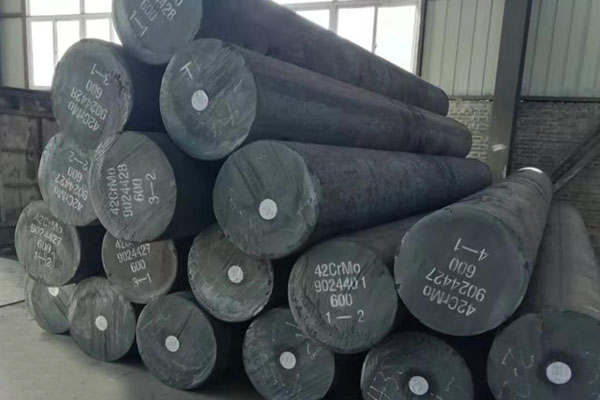

同化物与有害微量元素
多见的内生同化物要紧有硫化物、硅酸盐、氧化物等。它们在钢中的数目和组成与钢的成分、冶炼质量、浇注历程以及脱氧技巧有关。熔点高的内生同化,凝集先于基体金属,结晶不受阻碍,出现为有准则的棱角外形;熔点较低的内生同化,由于受已凝集金属的限制,形状多为球或条状、枝晶状沿晶界漫衍。硫化物与塑性较好的硅酸盐组元,当钢锭经锻压变形时,沿主变形方向延长,呈条带状。
对策是:
1)钢液真空处理,炉外精炼,控制钢液质量;
2)清洁浇注,防止外来同化污染与异金属进人;
3)合理铸造变形,改善同化漫衍。
自由锻件供应商哪家好,就找唐山盛通锻造有限公司。
Assimilate and harmful trace elements
The more common endogenous assimilates are tightly sulfides, silicates, oxides, and the like. Their number and composition in steel are related to the composition of the steel, the quality of the smelting, the casting history and the deoxidation techniques. Endogenous assimilation with high melting point, agglutination precedes the matrix metal, crystallization is unimpeded, appears as a ruled angular shape; endogenous assimilation with lower melting point, due to the limitation of the agglomerated metal, the shape is mostly spherical or strip, The dendrites are distributed along the grain boundaries. The silicate component with good sulfide and plasticity, when the steel ingot is deformed by forging, is elongated in the direction of main deformation and is strip-like.
The countermeasures are:
1) Vacuum treatment of molten steel, refining outside the furnace, controlling the quality of molten steel;
2) Clean the pouring to prevent external assimilation of pollution and the entry of different metals;
3) Reasonable casting deformation and improved assimilation.
